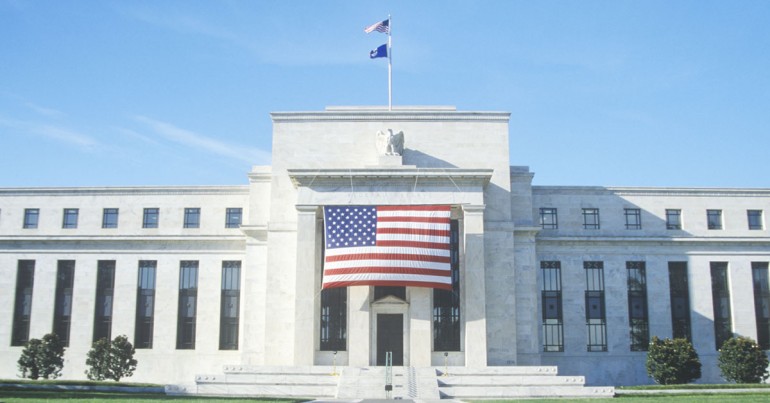
Is it the dollar’s turn?
The opening battle at the beginning of 2018 has been the US dollar vs the rest of the world. It is a similar contest to the one fought out 12 months ago, which resulted in the dollar being put to flight. The early signs this time are that it could be the dollar that gains the upper hand.
Almost from the word go, the euro and the pound did their best to break above technical resistance that has held sway for a decade and more. In the pound’s case that line sits at around $1.36. For the euro the resistance is a little below $1. 21. For four days the two currencies were banging their heads on the overhead barrier until eventually, on Monday morning, the euro gave up the fight.
No more than 24 hours later, on Tuesday morning, it looked as though sterling’s supporters were also preparing to throw in the towel as the pound retreated to a five-day low. The question now is: what happens next?
Is it sterling’s turn?
At a micro level the euro’s setback was positive for the sterling/euro exchange rate. The pound is one euro cent firmer on the week because investors were focused on the euro. It is not unusual for the pound to be left behind when investors are taking the euro for a walk, but the effect is usually no more than temporary: when the dust settles, the pound catches up.
Even so, with one day at the front of the pack and one day at the back sterling has been doing alright so far in 2018. Investors have not been discouraged by the prime minister’s slightly odd cabinet reshuffle: they still pin their hopes on the idea that the government is edging towards an agreement with the EU that will do the minimal damage to existing trade and commercial links with Europe.
It is not impossible to imagine the pound doing well in 2018 as long as the government strikes the right Brexit deal with Brussels. However, it is very much impossible to take the leap of assuming that that will happen.
The story in Westminster is that the prime minister intends to create a new cabinet position within the Department of Brexit: a “minster for leaving the EU without a deal”. If Downing Street were to confirm the story it would raise doubts about the government’s commitment to getting the best possible deal with Brussels.
There is a delightful egalitarian symmetry to having a minister for getting a deal (David Davis) and a minister for not getting a deal (TBA). It would be quite fun to bump into the two of them in a pub.
Sarah, Senior Account Manager at Moneycorp
Moneycorp is one of the largest international payment companies supporting over 90 currencies. Last year Moneycorp traded over £22.6 billion worth of international money transfers. Find out how Moneycorp can help you with your international transfer here.





